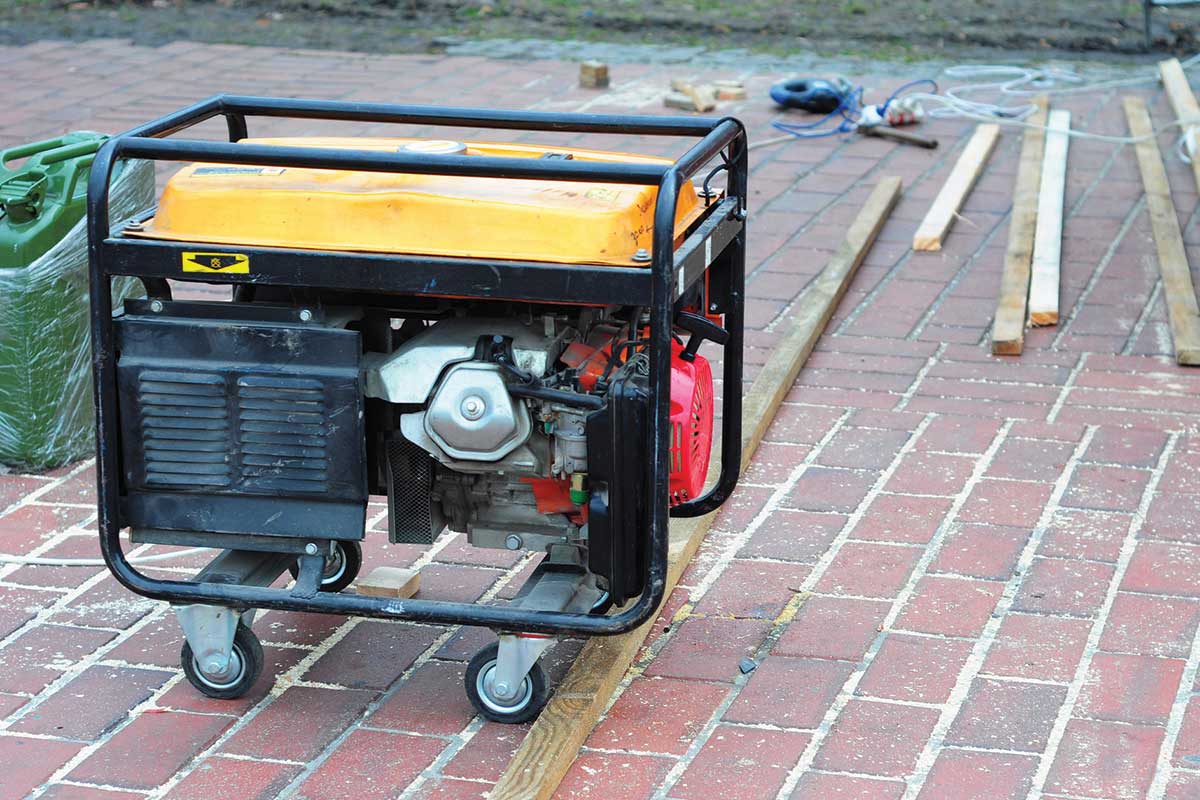Let’s face it: rough weather happens and sometimes results in power outages. At Magic Valley Electric Cooperative, our goal is to restore power as quickly and safely as possible. But unfortunately, when a major storm hits, power may be out for an extended period.
Anyone who has experienced an extended power outage has likely mulled over the idea of buying a generator, but make sure you have all the facts before you do.
The purchase and installation of a generator is an important and serious decision. Properly done, you gain peace of mind knowing your family can ride out any outage with some degree of comfort. But an incorrectly operated generator can become deadly to you, your family, your neighbors and your electric cooperative’s employees.
So let’s look at the decisions you’ll need to make when it comes to purchasing a residential generator.
Sizing
First, do you want to back up your entire home or just portions? The biggest drawback to a permanently installed whole-house generator is the cost.
The next decision is sizing the generator. Online tools abound; just type “generator sizing guide” into your browser and off you go. Or contact MVEC, and we’ll help you determine the right size.
That said, a typical portable generator is at least 6,500 watts with a startup capacity of around 8,000 watts. When motor loads start, they draw more power than they use when running.
Integration
Permanent generators have dedicated switching devices that integrate them into your home’s power system; portable models require you to remove them from storage, set them up, connect them and start them up.
Improperly connected generators can easily back feed into MVEC’s grid. As electricity flows back into the lines, the transformers boost the voltage to lethal levels. They can also push electricity into lines our crews are working on while believing them to be disconnected. Be sure to follow connection instructions closely, and contact us if you have any questions regarding connecting your generator safely.
Use of the generator can be as simple as plugging appliances directly into it. However, this can be cumbersome and somewhat limiting. A better option may be to have a transfer switch installed by a qualified electrician.
This device connects to the circuits you want to power. Connect your generator to the dedicated plug, follow the disconnect procedure and fire it up. Now you’ve got power for your home that’s safe for all.
Quality
With generators, you definitely get what you pay for. Cheap models are just that. They may last a couple of years, but after that, parts can be impossible to get. Few things are worse than your generator failing to operate when the lights are out. Definitely go for engines with recognizable brand names. They may cost more, but they will be worth it in the long run.
It’s important to “exercise” your portable generator regularly. Don’t worry, you don’t need to walk your generator. Exercising means—after following all safety procedures—connecting load to it and turning it on to be sure it will run.
While you’re at it, we’d appreciate it if you would let us know you have a generator. We can provide safety and connection tips if needed, which will enhance our line crew’s safety.
Here’s hoping Mother Nature’s wrath won’t take down power lines, but if it does, a safe generator can be a big help.


